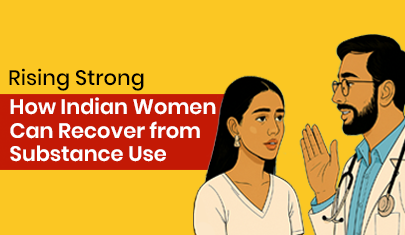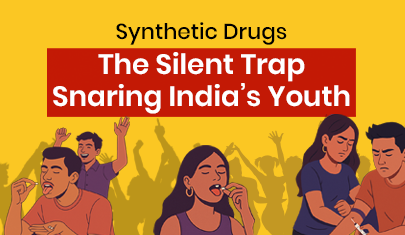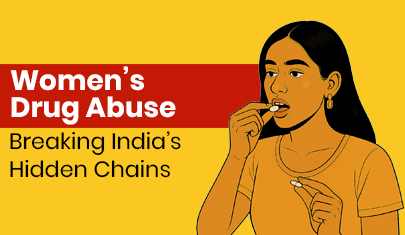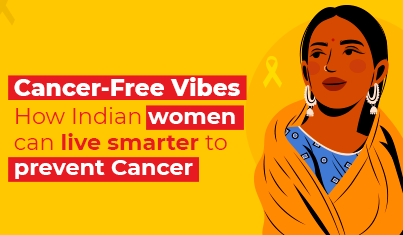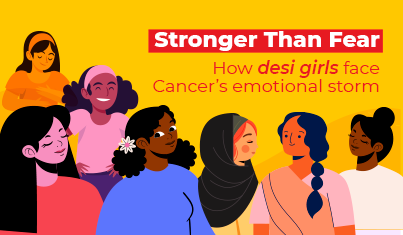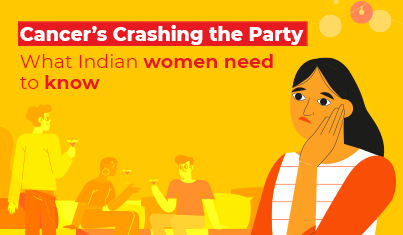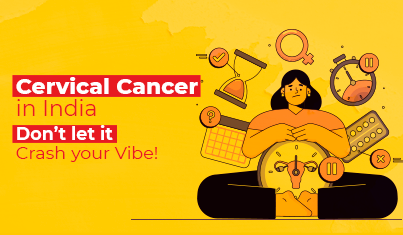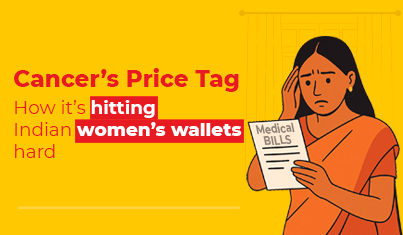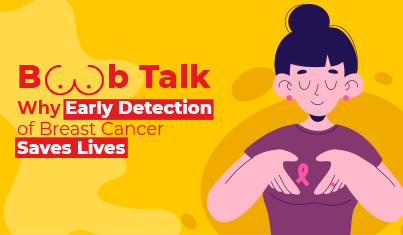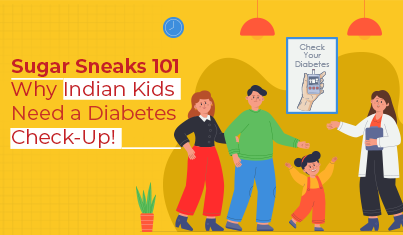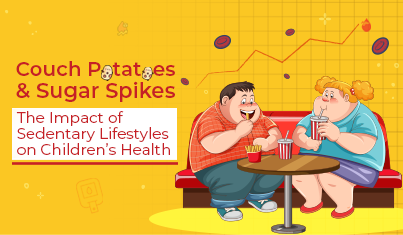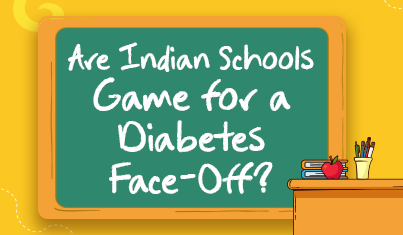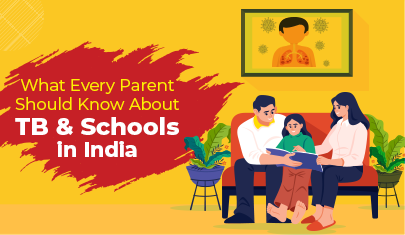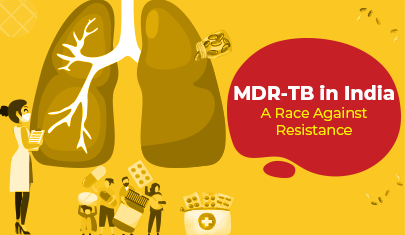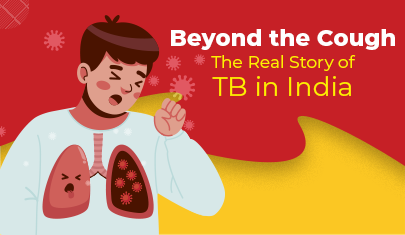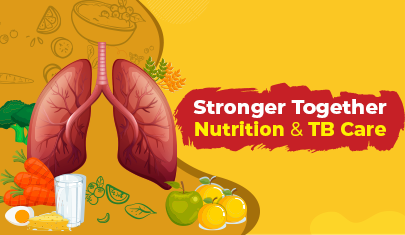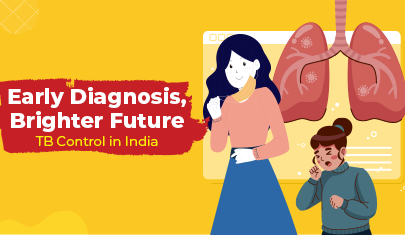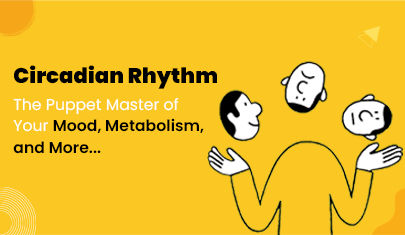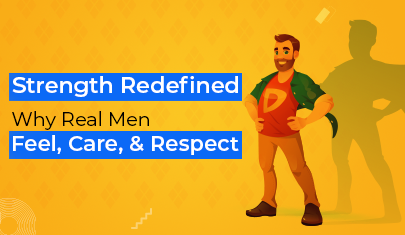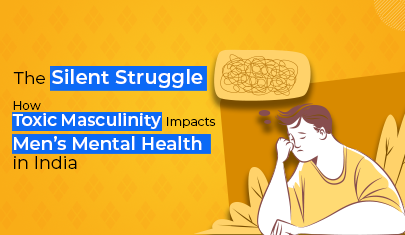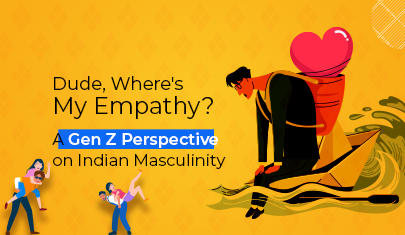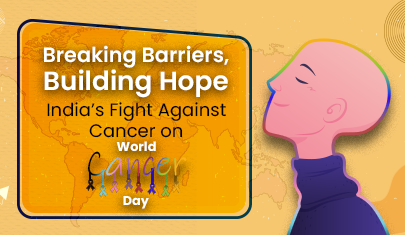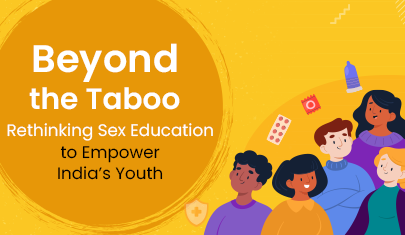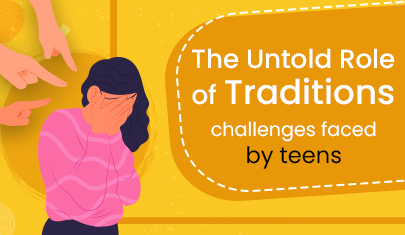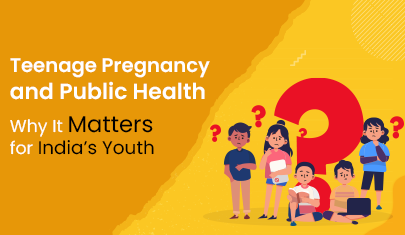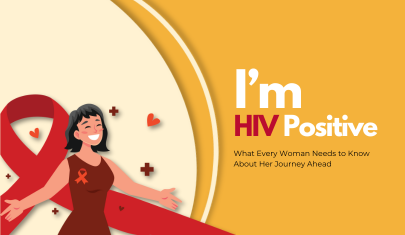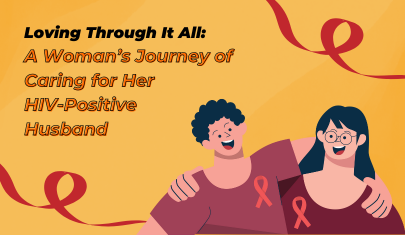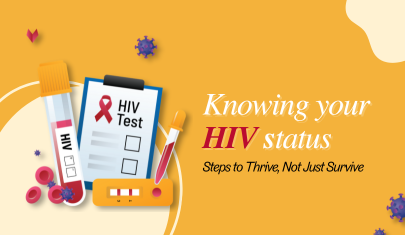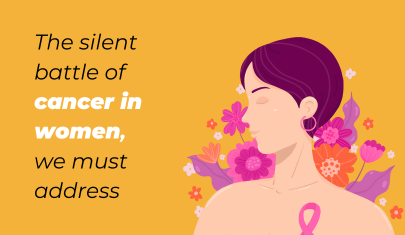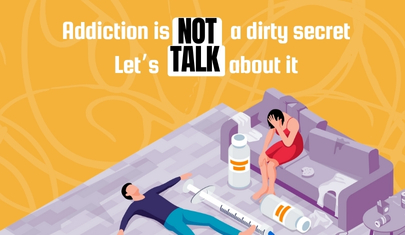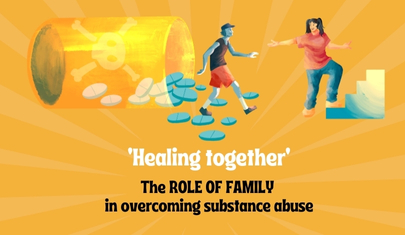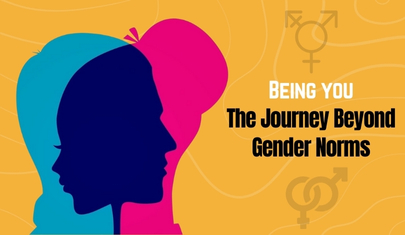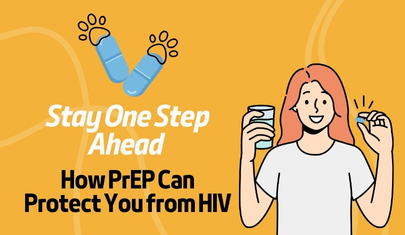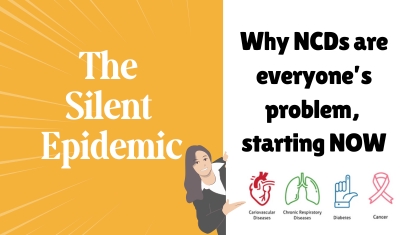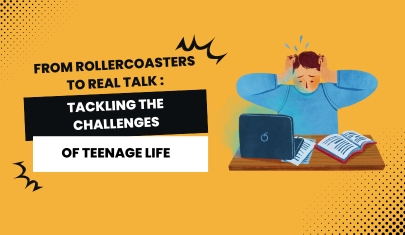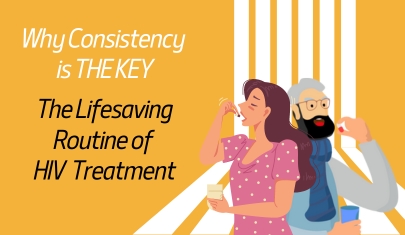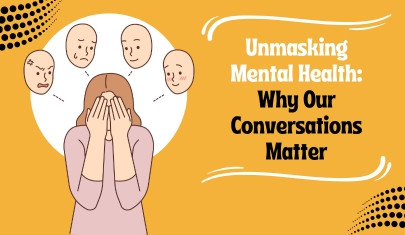General
‘Breaking the cycle’ What SUBSTANCE ABUSE does to your Mental Health
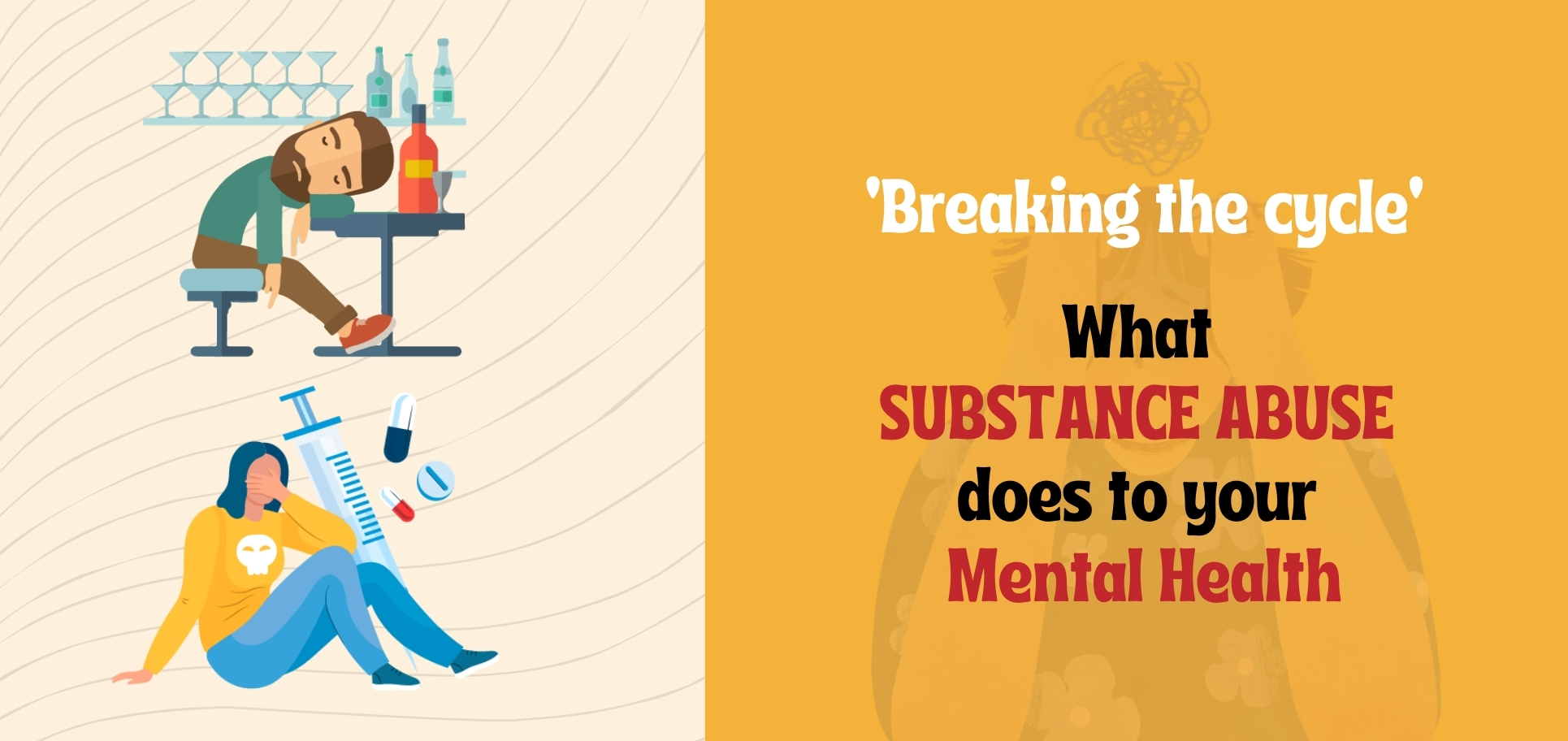
Hey there,
Substance abuse is something we’ve all heard about, but it often feels like a distant problem—something that happens to “other people.” But what if it’s closer than you think? What if it’s affecting someone you care about or even you? Recognizing the signs of substance abuse early can make all the difference in getting help before things spiral out of control.
In India, substance abuse is becoming more prevalent, especially among young people. Whether it’s alcohol, prescription drugs, or illegal substances, addiction doesn’t discriminate. It affects people across age groups, social statuses, and even mental health conditions. But the conversation doesn’t always happen as openly as it should.
Let’s break it down: What does substance abuse look like? How can you recognize the signs in yourself or someone else? And what’s the connection between substance use and mental health?
Substance Abuse in Daily Life: How It Manifests
Substance abuse doesn’t always look like the dramatic depictions we see in movies. It can be subtle, creeping into everyday life before you realize what’s happening. So, what is substance abuse, and how does it show up in daily life?
Substance abuse refers to the harmful or hazardous use of psychoactive substances, including alcohol, prescription drugs, and illicit drugs. When someone starts using substances in a way that negatively impacts their health, relationships, work, or daily responsibilities, it’s considered substance abuse.
Here are some common ways substance abuse might manifest in daily life:
- Frequent Use: If you find yourself drinking alcohol or using drugs more often than intended—whether it's every weekend or turning into a daily habit—it could be a sign of a developing problem.
- Neglecting Responsibilities: Missing school, work, or important events because of substance use is a major red flag. When substances start to take priority over daily responsibilities, it’s a sign that things are moving in a dangerous direction.
- Risky Behaviour: Substance abuse often leads to risky behaviours like driving under the influence, unsafe sexual activity, or getting into physical altercations. These behaviours can have long-lasting consequences for your health and well-being.
- Withdrawal Symptoms: If you start feeling physically sick or emotionally unstable when you aren’t using a substance, that’s a key sign of dependency. Symptoms like irritability, anxiety, nausea, or tremors can occur when your body starts craving the substance.
- Secrecy and Isolation: People who are struggling with substance abuse often become secretive about their habits, avoiding friends or family who might question them. If you notice that someone is becoming more isolated or guarded about their actions, it could be a sign that they’re hiding something.
The Warning Signs: What to Watch for in Yourself or Others
Sometimes, it’s easy to overlook the early signs of substance abuse because it often starts small. It might begin with casual drinking or experimenting with drugs, but slowly, these behaviours can escalate. So, what should you be looking out for?
Here are some warning signs that may suggest substance abuse is becoming a problem:
- Increased Tolerance: Needing more of a substance to feel the same effect is one of the first signs of addiction. If one drink used to get you tipsy, but now it takes three or four, that’s a sign your body is developing tolerance.
- Neglecting Hobbies and Interests: If you or someone else starts losing interest in activities they once loved—whether it's playing sports, painting, or socializing—it could be because substance use is taking over. When addiction begins to dominate someone’s life, everything else starts to fade into the background.
- Mood Swings and Irritability: Sudden changes in mood, especially when someone isn’t using their substance of choice, can indicate dependence. Irritability, anger, or even anxiety when they aren’t using can be a major clue.
- Declining Health: Physical health issues like frequent headaches, digestive problems, or changes in appetite can result from substance abuse. You might notice someone losing or gaining weight rapidly or experiencing more frequent illnesses.
- Financial Problems: Substance abuse can become expensive quickly. If someone is struggling financially or constantly borrowing money, it could be due to their spending on substances.
Substance Abuse and Mental Health: A Complex Connection
One of the most critical aspects of substance abuse is its deep connection with mental health. In India, where the stigma around mental health still exists, many people turn to substances as a way of coping with untreated mental health issues like anxiety, depression, or PTSD.
Substance use often becomes a form of self-medication. When someone feels overwhelmed by their mental health struggles, using drugs or alcohol can feel like a quick fix—a way to numb the pain, reduce anxiety, or escape negative thoughts. But this temporary relief can quickly lead to long-term damage.
The Mental Health Impacts of Substance Abuse
- Anxiety and Depression: Substance abuse can worsen or even trigger anxiety and depression. While alcohol or drugs might make you feel better in the short term, they often exacerbate these conditions over time. For example, alcohol is a depressant, which can lead to worsening feelings of sadness or hopelessness after the initial effects wear off.
- PTSD (Post-Traumatic Stress Disorder): People who have experienced trauma are at a higher risk of developing substance abuse issues. Drugs and alcohol can become a way to escape painful memories or flashbacks, but in the long run, they prevent the healing process that’s necessary to recover from trauma.
- Psychosis: Certain substances, particularly stimulants like cocaine or methamphetamine, can cause psychotic episodes, where the person experiences hallucinations, paranoia, or delusions. Long-term substance abuse can even increase the risk of developing chronic mental health conditions like schizophrenia.
- Suicidal Thoughts: The emotional rollercoaster of addiction can lead to feelings of hopelessness and despair, increasing the risk of suicidal thoughts or behaviours. If someone is using substances and expressing feelings of hopelessness, it’s critical to seek help immediately.
Untreated Mental Health Issues Leading to Substance Abuse
Mental health and substance abuse are so interconnected that untreated mental health conditions are often the root cause of addiction. Why does this happen? Because when mental health issues go unaddressed, people look for ways to cope. Substances like alcohol or drugs become an escape from the overwhelming feelings they can’t manage on their own.
In India, where access to mental health care can be limited and the stigma is still strong, many people turn to substances to manage their emotions. They might not even realize they’re doing it until the addiction has already taken hold.
But here’s the important takeaway: If mental health issues like anxiety, depression, or PTSD are addressed early on, the likelihood of developing a substance use problem decreases significantly. That’s why seeking help for mental health concerns is so crucial—not just for your emotional well-being but for your overall health.
What to Do If You Suspect Substance Abuse: Taking the First Step
If you think you or someone you know might be struggling with substance abuse, the most important thing is to take action. The sooner you recognize the problem and seek help, the better the chances of recovery.
Here are some steps to consider:
- Reach Out for Help: Talk to a trusted friend, family member, or professional about what you’re experiencing. It can feel scary to admit that there’s a problem, but opening up is the first step toward recovery.
- Seek Professional Support: Whether it’s a counsellor, therapist, or doctor, getting professional help can make all the difference. In India, there are various organizations, including NGOs, that offer support for substance abuse and mental health issues. YRGCARE, for example, provides resources, referrals, and counselling to help you on your journey to recovery.
- Explore Treatment Options: Treatment for substance abuse can range from outpatient counselling and therapy to inpatient rehabilitation programs. The best approach will depend on the severity of the substance use and any underlying mental health conditions. Many government hospitals and non-profit organizations in India offer affordable or free treatment options for those who need help but can’t afford private healthcare.
- Be Patient with Yourself or Others: Recovery is not a linear process. There will be ups and downs, and it’s important to approach it with patience and compassion—whether you’re supporting yourself or someone else.
Early Intervention is Key: Why It’s Never Too Late to Get Help
The sooner you recognize the signs of substance abuse, the better the chances of recovery. But it’s never too late to seek help, even if things feel out of control. Substance abuse and mental health issues are both treatable, and with the right support, it’s possible to regain control over your life.
Breaking the cycle of substance abuse starts with understanding the signs, knowing how mental health plays a role, and taking that first step toward help. Whether it’s you or someone you care about, recovery is possible with the right resources and support.
YRGCARE is Here for You
If you or someone you know is struggling with substance abuse, remember that you’re not alone. YRGCARE offers support, counseling, and referrals to help guide you through recovery. Whether you’re dealing with substance use or mental health challenges, our team is here to provide compassionate, confidential assistance.
As the saying goes, “The first step toward change is asking for help.” Don’t wait—take that step today.
With warmth and support – YRG Communications Team
Most viewed
#EndTheStigma #YRGCARE #MentalHealthAwareness #MentalHealthMatters #Addiction #AddictionAwareness #AddictionIsAHealthIssue #BreakTheSilence #CommunitySupport #EmpathyAndUnderstanding #RecoveryIsPossible #SubstanceAbuseSupport #SupportNotShame #TalkAboutAddiction #HealthyConversations #AddictionRecovery




